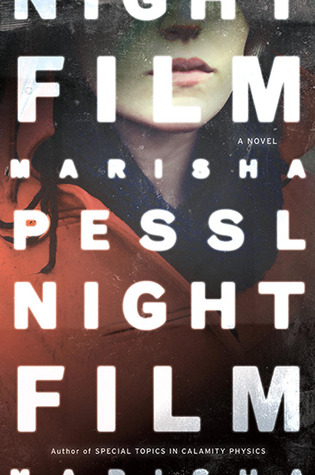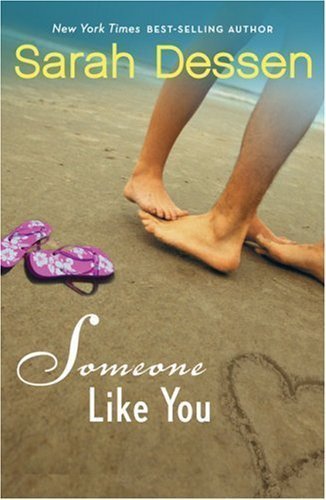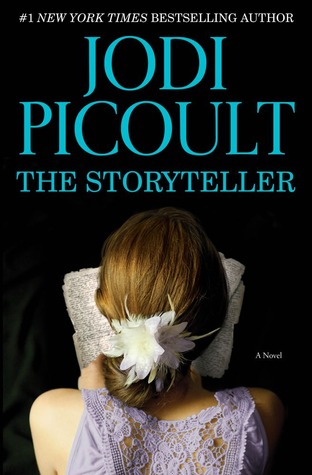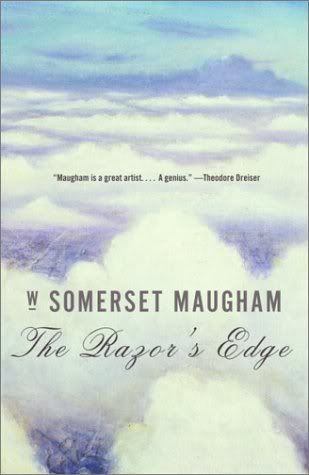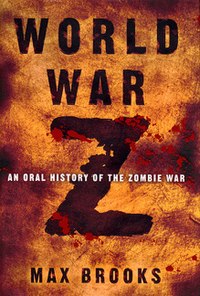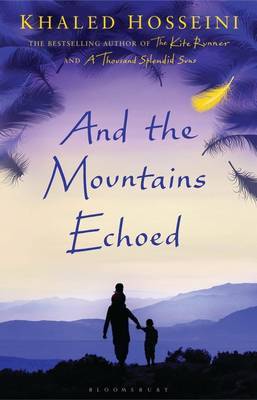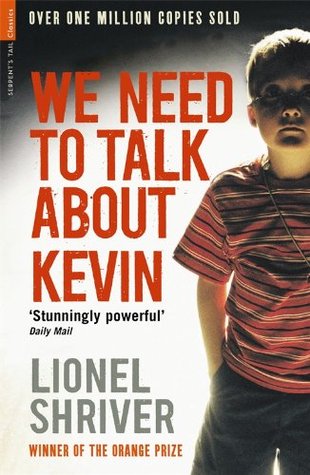Drumroll please!
Because the Man Booker has now been officially opened to writers of EVERY nationality.
That's pretty amazing news right?
Read the Man Booker Committee's official press release here.
I was wondering if this would mean the end of the Man Booker International Prize which is open to writers from all nationalities but picks a winner based on their achievements over a lifetime instead of one specific book but apparently NOT.
So now the cause for concern is whether American authors (too many of them and too many of them write pretty damned well) will dominate the shortlists and longlists.
Which undoubtedly they will but this may make the prize winning book more worthy since the competition is surely going to intensify now.
Man Booker Committee's decision comes on the heels of the announcement of the Folio prize which is going to start handing out prizes from 2014. It is the first English-language prize open to writers from around the world.
I guess the Booker committee, feared that they were going to become less relevant now.
In other important news, Goodreads has announced a draconian new review policy which allows its administrators/moderators to delete reviews and shelves describing author behavior. As in, calling the author a jerk or an asshole would lead to your review getting deleted. You can discuss the author in your review but only in context of the subject matter of the book.
Meaning you cannot write a review of a David Gilmour book where you call him a misogynist or an ignorant idiot (which he totally is since apparently he thinks Virginia Woolf is the only woman writer worth reading or teaching). Or you cannot call Scott Orson Card a homophobe and a racist.
It is okay to recommend books to others on Goodreads, but not okay to ask people not to buy an author's book or read it because of their bigoted, racist, misogynistic, sexist, offensive remarks or actions in real life.
Not only is this policy shady and geared towards integrating Goodreads with Amazon and boosting sales of contemporary titles (particularly by young adult, new adult and other 'best-selling' writers), it also infringes on reviewers' freedom of speech.
No doubt a storm is in the making over at Goodreads with many people migrating to sites like Booklikes and voicing their protest by directly writing reviews, naming shelves in violation of the new rules, letting their discontent known in the Goodreads Feedback group.
But I have a feeling everything is falling on deaf ears.
I haven't made a Booklikes account yet (Scarlet has though), since what is the guarantee that once Booklikes is a regular, healthy and active community Amazon won't purchase it too?
I think I am going to stick to my blog if Goodreads continues to enforce more unjust rules and regulations.
The Nobel Prize for Literature announcement for 2013 is also just around the corner. Canadian short story writer Alice Munro, South Korean poet Ko Un and the one and only Haruki Murakami are among the more prominent names doing the rounds as likely winners. I wonder if Philip Roth is still in the running, since last year his name was very visible. This year, however, not so much.
I'll keep my fingers crossed for Murakami this year but I have no hope (given his name has been circulating for the past 10 years and the Nobel Committee are unlikely to hand the prize to two Asian writers in two consecutive years). A woman winning the prize will be awesome too given how terribly few women writers have won the prize over the years.

Because the Man Booker has now been officially opened to writers of EVERY nationality.
That's pretty amazing news right?
Read the Man Booker Committee's official press release here.
I was wondering if this would mean the end of the Man Booker International Prize which is open to writers from all nationalities but picks a winner based on their achievements over a lifetime instead of one specific book but apparently NOT.
So now the cause for concern is whether American authors (too many of them and too many of them write pretty damned well) will dominate the shortlists and longlists.
Which undoubtedly they will but this may make the prize winning book more worthy since the competition is surely going to intensify now.
Man Booker Committee's decision comes on the heels of the announcement of the Folio prize which is going to start handing out prizes from 2014. It is the first English-language prize open to writers from around the world.
I guess the Booker committee, feared that they were going to become less relevant now.
In other important news, Goodreads has announced a draconian new review policy which allows its administrators/moderators to delete reviews and shelves describing author behavior. As in, calling the author a jerk or an asshole would lead to your review getting deleted. You can discuss the author in your review but only in context of the subject matter of the book.
Meaning you cannot write a review of a David Gilmour book where you call him a misogynist or an ignorant idiot (which he totally is since apparently he thinks Virginia Woolf is the only woman writer worth reading or teaching). Or you cannot call Scott Orson Card a homophobe and a racist.
It is okay to recommend books to others on Goodreads, but not okay to ask people not to buy an author's book or read it because of their bigoted, racist, misogynistic, sexist, offensive remarks or actions in real life.
Not only is this policy shady and geared towards integrating Goodreads with Amazon and boosting sales of contemporary titles (particularly by young adult, new adult and other 'best-selling' writers), it also infringes on reviewers' freedom of speech.
No doubt a storm is in the making over at Goodreads with many people migrating to sites like Booklikes and voicing their protest by directly writing reviews, naming shelves in violation of the new rules, letting their discontent known in the Goodreads Feedback group.
But I have a feeling everything is falling on deaf ears.
I haven't made a Booklikes account yet (Scarlet has though), since what is the guarantee that once Booklikes is a regular, healthy and active community Amazon won't purchase it too?
I think I am going to stick to my blog if Goodreads continues to enforce more unjust rules and regulations.
The Nobel Prize for Literature announcement for 2013 is also just around the corner. Canadian short story writer Alice Munro, South Korean poet Ko Un and the one and only Haruki Murakami are among the more prominent names doing the rounds as likely winners. I wonder if Philip Roth is still in the running, since last year his name was very visible. This year, however, not so much.
I'll keep my fingers crossed for Murakami this year but I have no hope (given his name has been circulating for the past 10 years and the Nobel Committee are unlikely to hand the prize to two Asian writers in two consecutive years). A woman winning the prize will be awesome too given how terribly few women writers have won the prize over the years.



